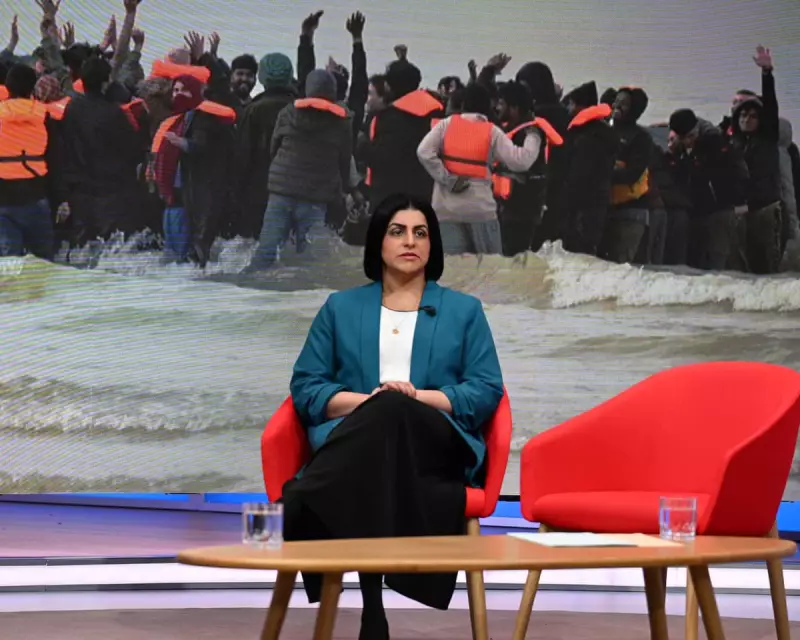
Labour MP Stella Creasy has issued a stark warning about her own party's proposed asylum reforms, suggesting they could lead to American-style immigration raids on Britain's streets. The intervention came as the government plans a significant shift in how the UK offers sanctuary to those fleeing persecution.
A System Broken by Management, Not Migrants
In a powerful critique, Creasy challenged the prevailing narrative that the asylum system has been broken by the people using it. She argued the system has been fractured by those running it, not by those fleeing war and violence. The MP for Walthamstow pointed to the £700 million Rwanda deportation scheme, which resulted in just four deportations, as an example of this insanity.
The proposed reforms would see ministers break with over 70 years of convention by offering temporary sanctuary rather than permanent protection. Victims of torture or persecution would need to reapply for refugee status every two and a half years, rather than being able to apply for indefinite leave to remain after five years. Under the new system, refugees would have to wait 20 years for permanent settlement.
The Economic and Human Cost of Perpetual Limbo
Creasy described the policy as not just performatively cruel but economically misjudged. She highlighted that preventing refugees from stabilising their status makes it harder for them to find work, open bank accounts, or secure mortgages, ultimately increasing their reliance on state or charity support.
The MP pointed to Denmark's experience with similar policies, where migrant and refugee employment rates were roughly 20 percentage points lower than native employment rates as of 2021. This contrasts with the UK, where migrants are more likely to be in work than UK natives.
Creasy also questioned the logic of spending money to repeatedly reassess the same people, noting that asylum accommodation costs have spiralled due to processing delays rather than the number of claimants.
From Theory to Practice: The Reality of Implementation
The most dramatic warning concerned how these policies would be enforced in practice. Creasy suggested the UK would require ICE-style raids to remove people and their children if their temporary status expired.
She posed a challenging question about the nearly 250,000 Ukrainians who have come to Britain over the past four years: if a ceasefire is negotiated with Putin, would they be forced to return regardless of the lives they've built?
The MP argued that the increase in people seeking refuge in the UK reflects global chaos rather than system generosity, citing conflicts in Iran, Sudan, Eritrea, and Afghanistan as drivers of displacement.
Creasy called for common sense alongside compassion, suggesting that concerns about whether asylum seekers are genuine are best addressed when first deciding whether to accept someone into the country. Once sanctuary is granted, she argued, the progressive response should be to make integration easier rather than leaving people open to exploitation through uncertainty.
The Labour MP also highlighted that reduced cooperation and data sharing since leaving the EU has proven a bigger problem for border control than the European Convention on Human Rights. She called for stronger joint approaches with other countries on safe routes and data sharing, particularly to protect unaccompanied migrant children from trafficking.
Ultimately, Creasy argued that the problem isn't immigrants but politicians themselves, as another row on immigration and refugees awaits Parliament. Her intervention signals significant internal debate within Labour about the direction of asylum policy as the government seeks to address small boat crossings.





